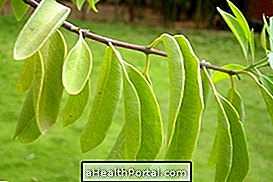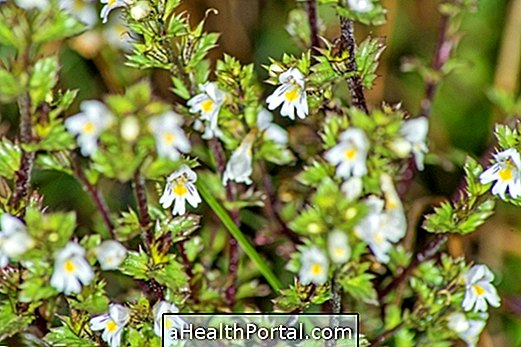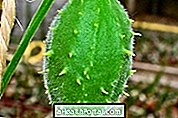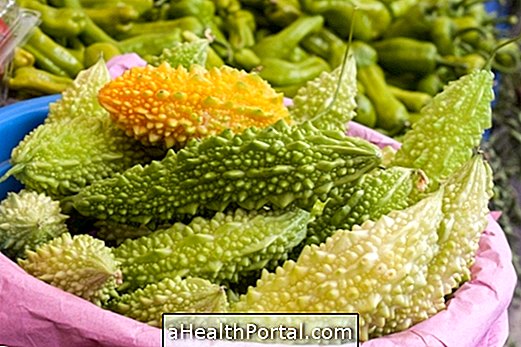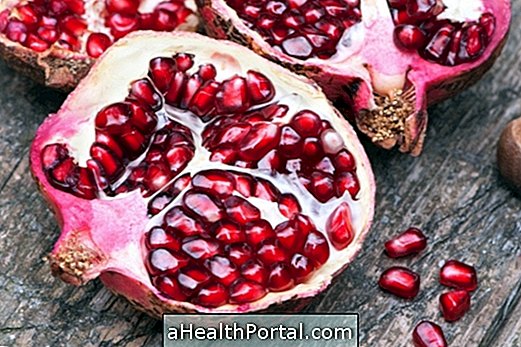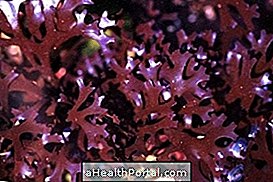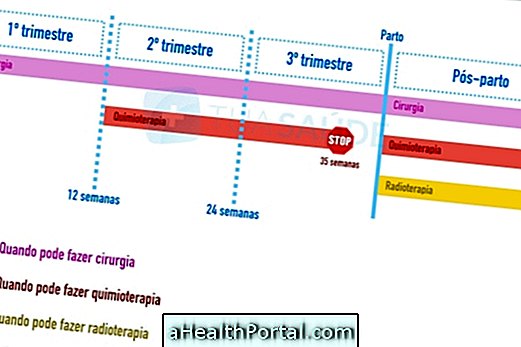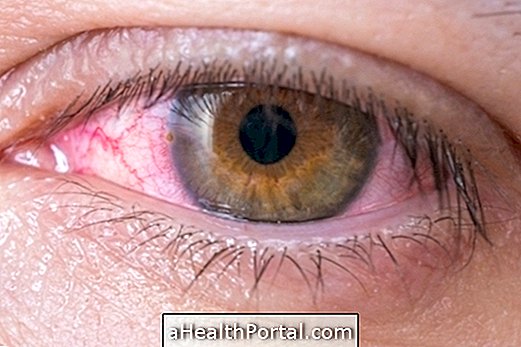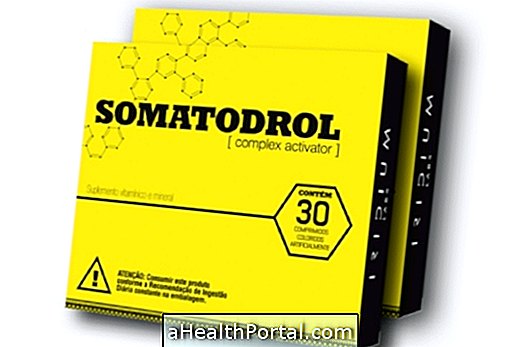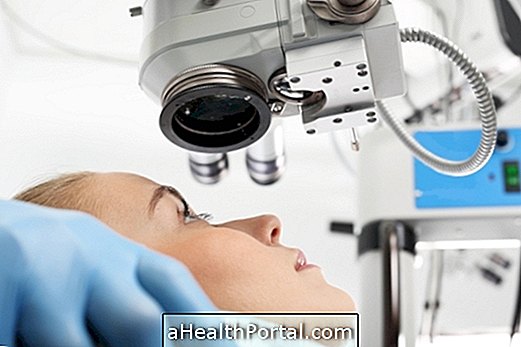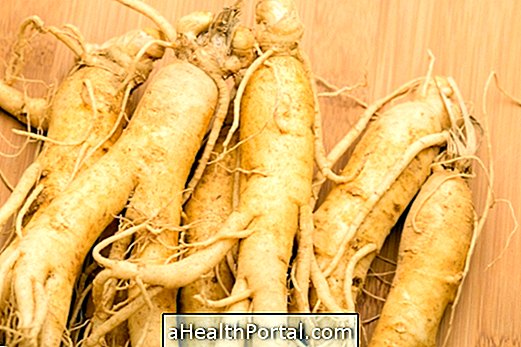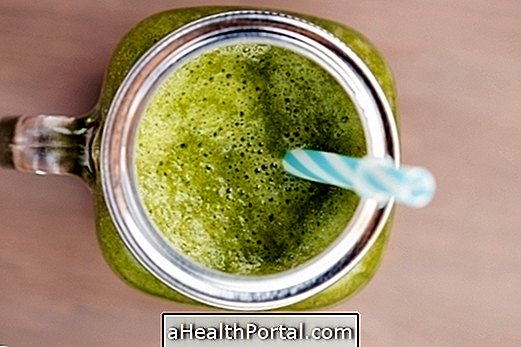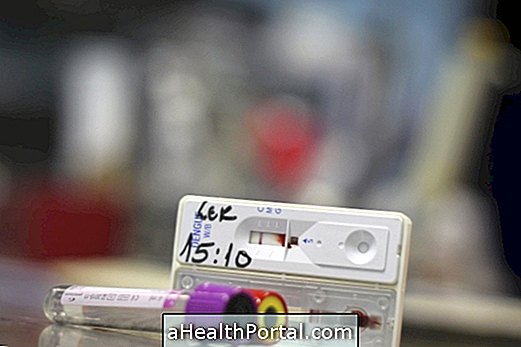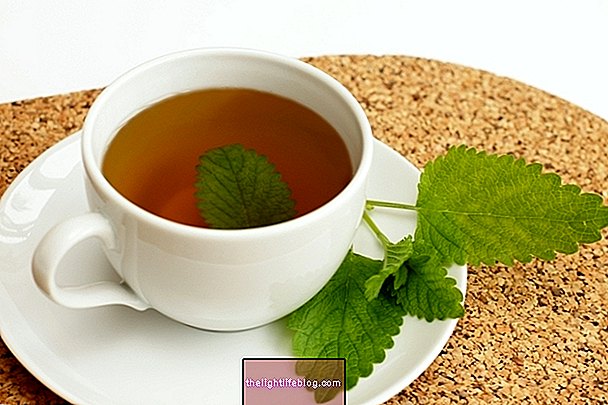Evening Primrose is a medicinal plant of the family Onagraceae, also known as Northern Cyrrio, Burdock, Enotera or Boa-tarde, widely used as a home remedy for female disorders such as premenstrual tension or cyst in the ovary.
This is a plant native to America that can be found wildly in countries with a mild climate, although it is currently a large-scale herb for the extraction of oil from its seeds, evening primrose oil.
The scientific name of Onagra is Oenothera biennis and can be bought in natural products stores, handling pharmacies, fairs and some markets.

What is it for
Evening Primrose is used to help treat skin problems, headaches associated with premenstrual tension, asthma, scarring, fluid retention, infertility, ovarian cyst, endometriosis, breast lump, impotence, weak nails, rheumatoid arthritis, diabetes, high cholesterol, phlebitis, hemorrhoids, Crohn's disease, colitis, constipation, urticaria, depression, acne, dry skin and Raynaud's disease.
Onagra can also be used to combat the effects of alcohol intoxication, since it stimulates the regeneration of the damaged liver and helps the patient to leave the alcohol and is indicated for depression caused by alcoholism.
Which properties
Evening primrose has astringent, antispasmodic, sedative, antioxidant, anti-allergic, anti-inflammatory, anti-allergic, blood-regulating and hormonal regulating properties.
How to use
The used parts of Onagra are its roots, which can be used to make salads, and the seeds can be used to make evening primrose oil capsules.
The recommended dose of evening primrose oil in capsules is 1 to 3 g per day or as directed by your doctor. The use of evening primrose with vitamin E is recommended for a better absorption.
Possible side effects
Side effects of Evening Primrose include nausea and poor digestion.
Who should not use
Onagra is contraindicated for pregnant women, breast-feeding women and patients with a history of epilepsy.
